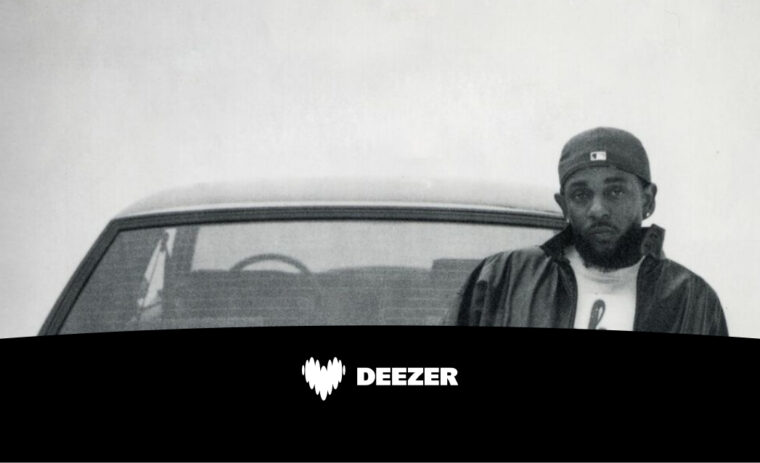Philip Glass is, without a doubt, one of the greatest composers of the 20th century. Born on 31st January, 1937 in Baltimore, Philip Glass is the founding father of minimal music and is considered one of the most provocative artists of his generation.
Very early on in his career, Glass broke free from the conventions of classical music. He focused on musical process rather than complex musical structures by creating intricate harmonious layers of isolated and repetitive sounds. He first earned major acclaim for his first opera Einstein On The Beach, but his breakthrough came from his mind-blowing, listener-friendly and commercially-successful album Glassworks. The album introduced his work to a large audience and has subsequently been reinterpreted multiple times by artists such as Beck, Dan Deacon and Pantha Du Prince.
Glass is also behind some of the silver screen’s most dazzling film scores that include the dark but wonderful Koyaanisqatsi, a film about humanity’s distorted relationship with nature. He also composed the score for The Truman Show, The Hours and more recently Leviathan, a film about corruption in Russia.
Glass’s music divides, but it is universally acknowledged that he is one of the most fascinating figures of modern music.
The Philip Glass Cheat Sheet:
Philip Glass was a highly gifted child
Philip Glass entered the university of Chicago at the tender age of 14 and by the age of 30 had composed over 100 works, 40 of which had been published. Meanwhile, some of us still can’t read Ikea instructions.
His music was originally shunned by the academic community
In the late 60s and early 70s Glass lost the support of the academic community who found his music too simplistic and experimental and felt that he’d ventured too far from established classical canons. He did, however, gain alternative support from the avant-garde art scene and was eventually signed to Virgin Records — a progressive rock label at the time.
He has inspired some of rock and electronic music’s greatest legends
As he broke away from the classical world’s stuffy standards he gained many high-profile fans such as David Bowie, Brian Eno, Pink Floyd, Hans Zimmer, Daft Punk and Beck. His albums also feature contributions from David Byrne (The Talking Heads), Paul Simon and Patti Smith.
Former President Barack Obama listens to Philip Glass
In 2016 President Obama honored Glass with a National Medal of The Arts for “his groundbreaking contribution to music and composition”.
(Credit: AP Photo/Susan Walsh)Great minds think alike
Glass and Bowie held mutual admiration for one another. In 1997 Glass composed a symphony based on David Bowie’s album Heroes, bringing groundbreaking genres together.
To listen to Philip Glass’ entire discography, head over to Deezer’s dedicated page.






